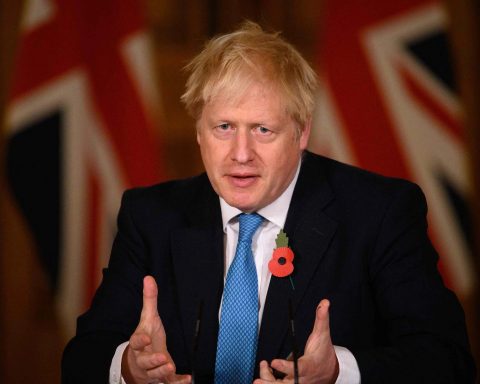An overwhelming cry for help from refugees entering Britain has resulted in the UK government implementing a comprehensive refugee plan.
The United Kingdom has recently announced its new plan for helping refugees, which has sparked a lot of debate and discussion across the country. The plan is designed to address some of the challenges the UK has faced in recent years in terms of the number of refugees arriving and the difficulties in processing and resettling them.
The plan involves several key elements. Firstly, the government has pledged to increase the number of refugees it resettles each year, from 750 to 5,000 by 2025. This is a significant increase and represents a recognition of the scale of the refugee crisis globally.
Secondly, the plan includes a new approach to processing asylum applications, with a focus on speeding up the process and reducing the backlog of cases. This will involve investing in new technology and hiring additional staff to handle applications.
Thirdly, the government has pledged to work more closely with other countries in Europe and beyond to address the root causes of the refugee crisis and to provide support to countries that are hosting large numbers of refugees.
The plan has come about in response to a number of factors:
- The UK has faced criticism in recent years for its handling of the refugee crisis, particularly in relation to the treatment of refugees who have arrived via the Channel. There have been concerns about the conditions in which these refugees are held and the length of time it takes to process their applications.
- The government has been under pressure from humanitarian organizations and other groups to do more to support refugees, particularly those who are fleeing conflict and persecution in countries such as Syria, Afghanistan, and Yemen.
- The plan reflects a recognition of the scale of the refugee crisis globally and the need for countries to work together to address it. The UK has historically been a leader in providing support to refugees, and this plan represents a continuation of that tradition.
Looking forward, the refugee landscape in the UK is likely to be shaped by a number of contributing factors. There will be continued pressure on the government to do more to support refugees and to address the root causes of the crisis.
The UK’s relationship with the European Union will be an important factor, particularly in relation to the processing of asylum applications. The UK’s decision to leave the EU has created some uncertainty in this area, and it remains to be seen how this will be resolved.
Finally, the ongoing conflict in Syria and other parts of the world is likely to continue to drive the number of refugees seeking asylum in the UK and other countries. The challenge for governments will be to provide the necessary support to these refugees while also addressing the underlying causes of the crisis.
Overall, the UK’s new refugee plan represents an important step forward in addressing the challenges of the refugee crisis. While there will undoubtedly be challenges in implementing the plan, it is a clear indication of the UK’s commitment to providing support to refugees and working with other countries to address this global issue.






